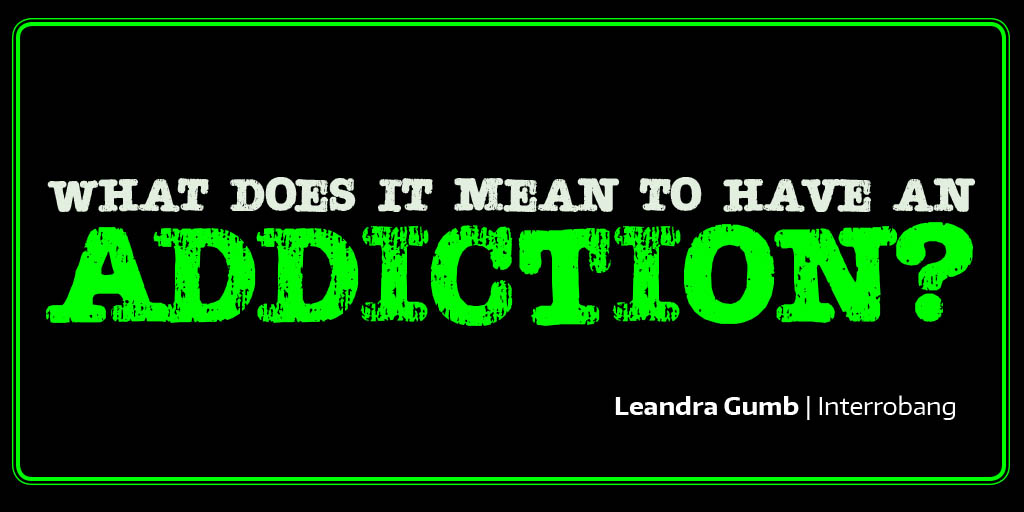What does it mean to have an addiction?

An addiction is defined as an uncontrollable craving for a substance or action that results in the brain receiving immediate satisfaction, even if it is harmful to the individual. The direct source of addiction is dependency, which makes it difficult to stop the habit both mentally and physically. The common social stigma blames addiction on naïve decisions and immaturity, but it’s not that simple.
Who can develop an addiction?
Addiction is a chronic mental illness like depression or anxiety. It doesn’t necessarily mean that the individual will fall into substance abuse, but it does mean that they are prone to having an addictive personality towards things that stimulate the brain.
There are many warning signs that suggest the beginning of an addiction such as experimentation in dangerous or obscure hobbies, a family history of mental illness, willingly going into situations where the addictive substance or activity is present and binging on the addiction with little or no feelings of regret afterwards. Not all of these warnings necessarily mean an addictive outcome, but they are generally the beginning of new habit.
What are the signs of addiction?
Usually the addict’s personality will noticeably change. Common traits are losing sleep or having anxiety about said addiction, lack of interest in old hobbies, missing important obligations such as work or school to participate in their addiction and neglecting loved ones in order to separate themselves from real life.
Their existence becomes alienated. Reliable friends are replaced by others who share the same addiction and settings that promote their new habits. It can be easier to notice the physical changes, such as extreme fatigue, change in complexion such as pale or yellow skin (jaundice), a developed aggressive personality and many more that are associated with obsession or excessive substance use.
How can I get help for myself or someone I know?
There are baby steps leading up to an individual recognizing that their habit is harmful to them. Admitting to yourself or others that there is an addiction in place is a great start. The realization that the problem is the very thing that brings intense relief isn’t easy.
It’s courageous to finally take hold of the situation. Addiction requires treatment, just like any other mental illness that negatively impacts lives. In order to successfully treat addiction disorder, the easiest method is to detoxify, seek behavioral counselling and do long-term follow up to ensure the habits don’t start again. Everyone heals differently; some require the support of medical professionals and some may be able to get through it with the support and supervision of their peers, but it all depends on how serious the initial addiction is.
If you are looking for treatment for yourself, the first step is always admitting to yourself that you have an addiction and that recovery is possible. There are sources in London if you seek immediate treatment, such as the Addiction Services of Thames Valley (ADSTV). From there you’ll be recommended different methods of counselling, treatment and coping strategies to get you on the right track.
If you know someone who is going through treatment, the best way to support them is learning about their specific addiction, providing safe and trigger-free environments, encouraging them to go to support group meetings or even offering to go with them.
The consequences of allowing an addiction to take over can be severe, sometimes fatal. If you notice symptoms in yourself or others of potential addiction, don’t ignore it. Care for yourself and care for others goes a long way and even saves lives.
To learn more about addiction services, go to ADSTV’s website at adstv.on.ca. You can also visit the Mental Health and Addictions Crisis Centre at 648 Huron St ., or check out their website at cmhamiddlesex.ca.














